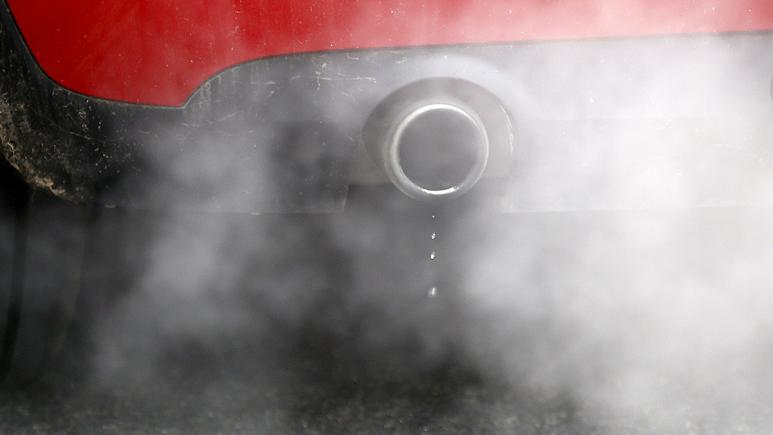Dieselgate: humans and monkeys tested emissions for German carmakers

German carmakers Volkswagen came under fire Monday following revelations they helped finance experiments that saw humans and monkeys exposed to toxic diesel fumes that have been linked to asthma, lung diseases and heart attacks.
The disclosures sparked widespread outrage, led by Chancellor Angela Merkel who strongly condemned the latest controversy to hit the nation’s powerful but scandal-tainted auto industry.
“These tests on monkeys or even humans are in no way ethically justified,” said Merkel’s spokesman Steffen Seibert.
Human test subjects were still involved in a separate emissions study which also appears to have been encouraged by the three German car makers, however. Germany’s Sueddeutsche Zeitung and Stuttgarter Zeitung newspapers reported on Monday that healthy test subjects were asked to inhale nitrogen dioxide (NO2), a gas that is primarily emitted through traffic. Even short-term inhaling of the gas can have serious health repercussions, according to the Environmental Protection Agency.
The human experiments appear to have been conducted between 2012 and 2015 and there were no reports of subsequent injuries related to them, The Washington Post reported.
The revelation came just days after the New York Times wrote that the same organisation carried out tests on monkeys in the United States in 2014.
According to the newspaper article, 10 monkeys were locked in airtight chambers and left to watch cartoons as they breathed in diesel fumes from a VW Beetle.
It's the latest example of fallout from Volkswagen's bombshell admission in 2015 that it had rigged millions of diesel cars worldwide to cheat on emissions tests.
U.S. prosecutors allege that its engineers knew as far back as 2006 that the company's new 2.0 liter diesel engine would not be capable of complying with regulations.
Volkswagen, which owns Audi, Porsche, Skoda and SEAT, resorted to cheating, exposing the industry to charges that dirty diesel engines are to blame for air pollution problems in Europe.
The cars had software installed that strictly limited emissions when the cars were being tested, then dumped up to 40 times the allowable levels of some pollutants when on the road. As of late 2017, dealing with the scandal had cost Volkswagen a total of $30 billion.

